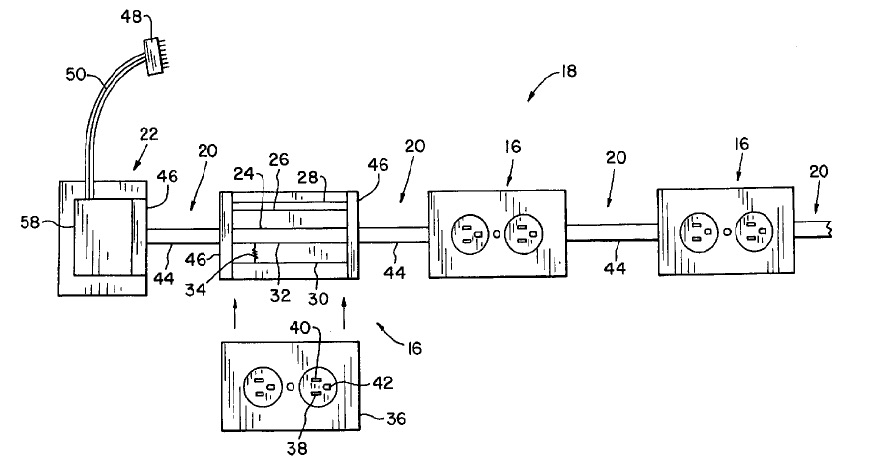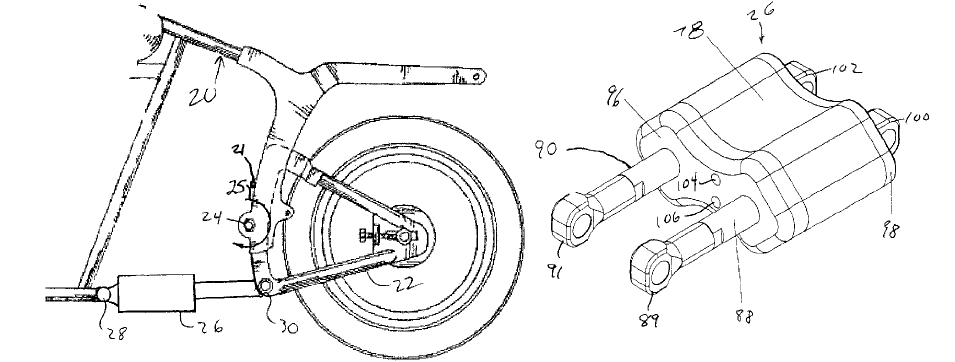Indianapolis, IN- Patent attorneys for Fostech Outdoors, LLC of Paris Crossing, Indiana filed a patent infringement suit in the Southern District of Indiana alleging Slide Fire Solutions, Inc. of Moran, Texas infringed patent no. 6101918, METHOD AND APPARATUS FOR ACCELERATING THE CYCLIC FIRING RATE OF A SEMI-AUTOMATIC FIREARM, which has been issued by the US Patent Office.
The patented technology is described as “bump fire stocks” which are a device that, when attached to certain firearms, allows the firearm to rapidly fire multiple shots. The complaint alleges that Slide makes, imports, and/or sells a product called “SSAR-15 stock” that infringes the ‘918 patent “when used in conjunction with certain firearms assemblies.” The complaint alleges that Slide actively induces other to infringe the Fostech’s patent and that Slide should be liable for contributory infringement because it knows there are no non-infringing uses for its product. The complaint makes one claim of patent infringement and seeks an injunction, damages, costs and attorney fees.
Slide should be liable for contributory infringement because it knows there are no non-infringing uses for its product. The complaint makes one claim of patent infringement and seeks an injunction, damages, costs and attorney fees.
Practice Tip: The plaintiff here has made a claim of contributory patent infringement, which governed by 35 U.S.C. § 271(b) and is defined as selling or importing a device “for use in practicing a patented process, constituting a material part of the invention, knowing the same to be especially made or especially adapted for use in an infringement of such patent, and not a staple article or commodity of commerce suitable for substantial noninfringing use”
Personal jurisdiction may be an issue in this case. The plaintiff alleges Slide regularly conducts business in Indiana and the events giving rise to the suit occurred in Indiana. However, none of the specific acts of infringement seem to have occurred in Indiana.
Continue reading
 Indiana Intellectual Property Law News
Indiana Intellectual Property Law News








